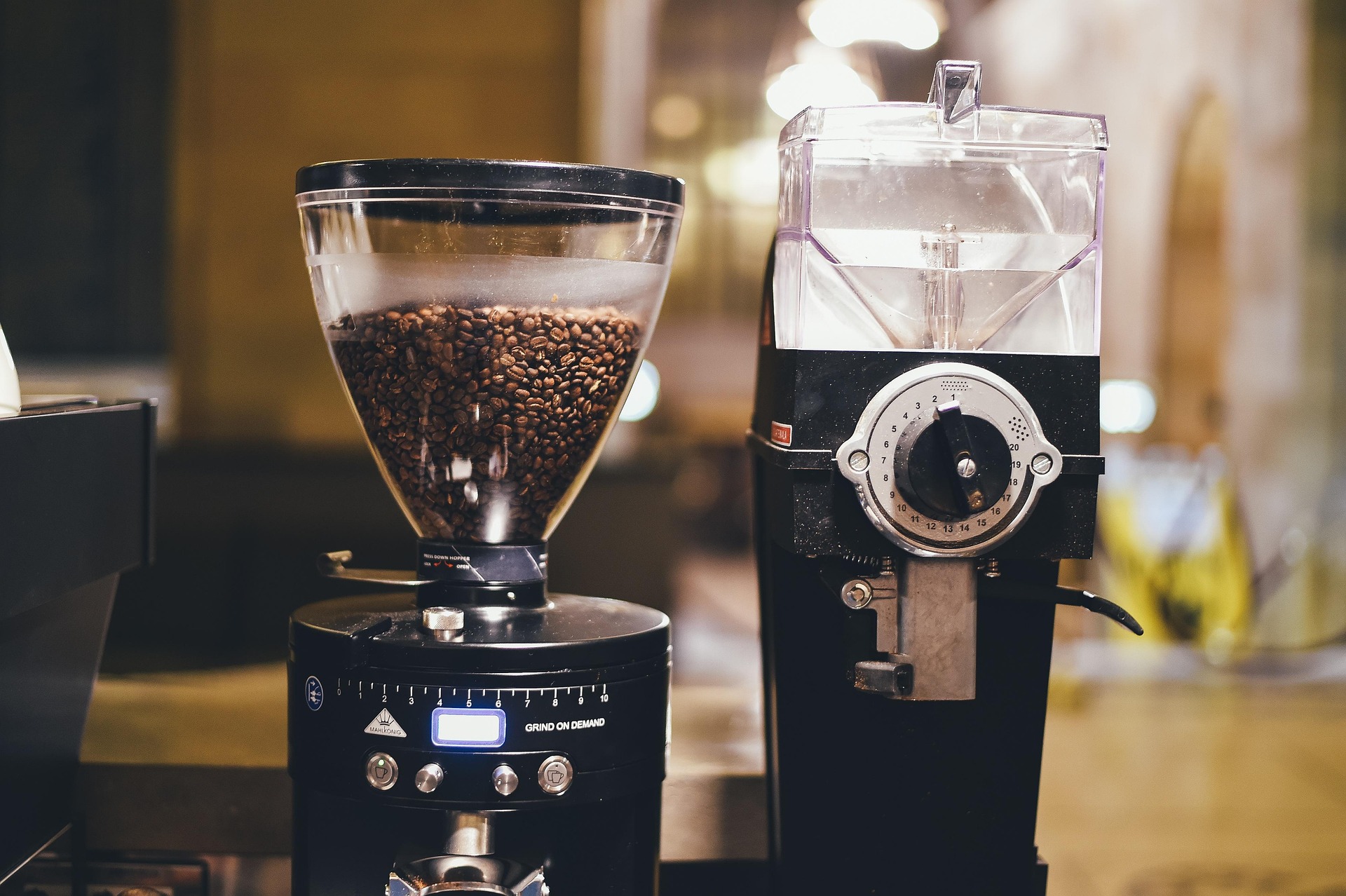Everyday Foods That Boost Your Gut Health: A Comprehensive Guide
A healthy gut is fundamental to our overall well-being, affecting everything from our immune system to our mental health. Understanding how to maintain optimal gut health through diet doesn't have to be complicated. This guide explores common, accessible foods that can significantly improve your digestive system and promote a balanced gut microbiome.

What Role Does Diet Play in Gut Health?
The foods we consume directly impact our gut microbiota, the trillions of microorganisms living in our digestive system. A balanced diet rich in diverse nutrients helps maintain a healthy population of beneficial bacteria while reducing harmful ones. Regular consumption of gut-friendly foods can improve digestion, boost immunity, and even enhance mood through the gut-brain connection.
Which Fermented Foods Support Digestive Health?
Fermented foods are powerhouses for gut health, containing natural probiotics that support beneficial bacteria. Key options include:
-
Yogurt with live cultures
-
Kombucha
-
Sauerkraut
-
Kefir
-
Kimchi
-
Miso
These foods introduce helpful bacteria while supporting the existing microbiome, leading to improved digestion and nutrient absorption.
How Do Fiber-Rich Foods Benefit the Gut?
Fiber acts as a prebiotic, feeding the good bacteria in your gut. Essential high-fiber foods include:
-
Whole grains (oats, quinoa, brown rice)
-
Legumes (beans, lentils, chickpeas)
-
Fresh fruits (especially apples, pears, and berries)
-
Vegetables (particularly leafy greens and cruciferous varieties)
-
Nuts and seeds
Aim for 25-30 grams of fiber daily to maintain optimal gut health.
What Are the Best Anti-inflammatory Foods for Gut Health?
Inflammation can disrupt gut health, but certain foods help combat this issue:
-
Fatty fish rich in omega-3s
-
Turmeric
-
Ginger
-
Extra virgin olive oil
-
Green tea
-
Colorful berries
Regular consumption of these foods can help reduce gut inflammation and support digestive health.
Which Foods Should You Avoid for Better Gut Health?
To maintain a healthy gut, minimize consumption of:
-
Processed foods high in artificial additives
-
Excessive refined sugar
-
Alcohol
-
Artificial sweeteners
-
Highly processed oils
-
Foods with high levels of preservatives
Instead, focus on whole, unprocessed foods that support beneficial gut bacteria.
How Can You Create a Gut-Healthy Meal Plan?
A balanced gut-healthy meal plan should include:
| Meal Time | Recommended Foods | Benefits |
|---|---|---|
| Breakfast | Yogurt with berries and nuts | Probiotics, fiber, antioxidants |
| Lunch | Quinoa bowl with vegetables | Complex carbs, fiber, nutrients |
| Dinner | Grilled fish with leafy greens | Omega-3s, minerals, fiber |
| Snacks | Fermented vegetables or kefir | Probiotics, enzymes |
Remember to gradually introduce new gut-healthy foods to allow your digestive system to adjust comfortably. Stay hydrated and maintain regular meal times for optimal gut function.
This article is for informational purposes only and should not be considered medical advice. Please consult a qualified healthcare professional for personalized guidance and treatment.




